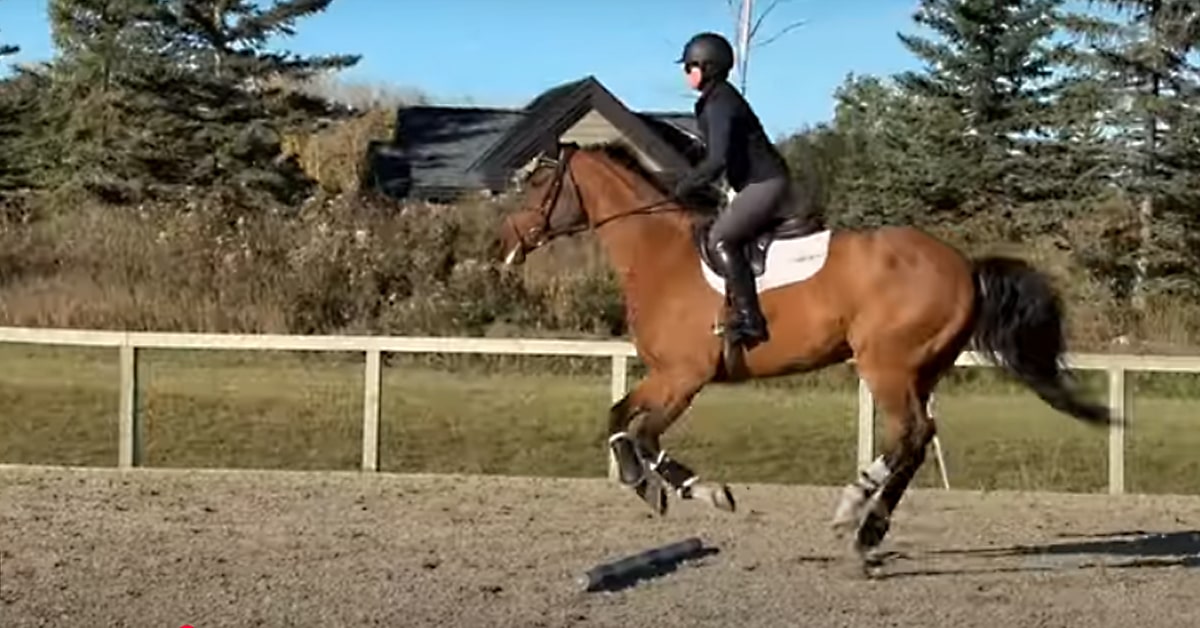I can’t tell you the number of times I have heard riders proclaim proudly: “I am a perfectionist!” And why not? Aren’t perfectionists hard working, go-getting, winning personalities?
Yes and no.
Yes, they are incredibly hard-working, but not always winning. The trick is to keep the good stuff about being driven and temper the qualities that can lead to dead ends.
The perfection loop
You begin with setting very high goals; you want to excel in your riding and believe you can only do this by expecting the best. But in your case ‘best’ becomes perfection, which is not a high goal, it’s an impossible one.
Next you begin to feel the effects of spending so much time feeling like you are missing the mark. You feel demoralized and under pressure. This combination may begin to affect your behaviour; you may give up easily or even begin to avoid training.
The last part of the loop is self-criticism and blaming. You berate yourself for not succeeding and try to motivate yourself with punishment and harsher language. What makes the perfectionist loop complete is that you set new, sometimes harder goals: “If I just try harder, I will succeed.” You steel yourself for the next round, only to find yourself back in the cycle, taking another miserable trip.
Consequences
The outcome of this type of thinking is pretty obvious: low self-worth and sometimes even anxiety and depression. But there is also another casualty seldom talked about – your equine team-mate is also impacted by your perfectionist approach. Often perfectionists end up applying their very high standards to their horses, which can result in becoming too impatient and rigid in their training methods.
The solution
- Realize there is no perfect performance. Each performance that you give will be different, just by virtue of the variables involved. You cannot control everything, so don’t even try.
- Adopt a new word/concept/approach. Instead of thinking “perfect,” how about “excellence”? Strive for a hard-working approach that still allows you to be flexible when errors occur or progress is slow.
- Confront the fears that may be driving your perfectionism. Ask yourself, “What is the worst that could happen?” Remember that mistakes, periods of frustration and feeling stuck are all a normal part of the learning process. Everyone, even professionals, experience them.
- Increase your awareness of the expectations you have for yourself and your horse. When you do find areas where unrealistic expectations have cropped up, consciously replace these with more reasonable thoughts.
- Learn to love mistakes. See them as a daily part of your training experience. When one occurs, practice being thankful for the learning that just took place.
- Constantly remind yourself that you are not lowering your standards, only redefining them. Stay on track with the goals you have set and you will see progress.
- Think of all the advantages of becoming a non-perfectionist: You’ll be happier with you, your horse will be happier with you, and others will be happier in your company!
The Latest









